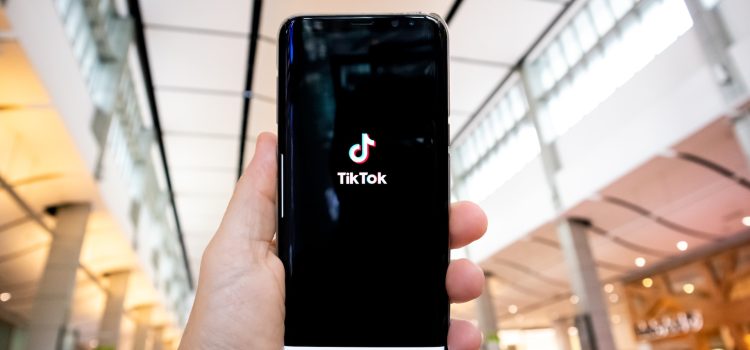
Montana’s decision to ban the popular social media app TikTok has ignited a fierce legal battle, as a diverse trio of plaintiffs steps forward to challenge the ban’s constitutionality. Representing different backgrounds and perspectives, these individuals—a ranch mom, a Marine, and a student—have united in their fight against what they perceive as a violation of their right to free speech and expression. This report delves into the motivations and stories of the plaintiffs, explores the legal landscape surrounding the ban, and examines the broader implications for digital rights and the balance between public safety and personal freedoms.
Sarah Thompson: Connecting Communities, Silenced Voices
Sarah Thompson, a ranch mom residing in rural Montana, has turned to TikTok as a means to connect with other mothers, share her experiences, and showcase the beauty of Montana’s countryside. The ban has stifled her ability to reach a wider audience and has left her feeling disconnected from the supportive community she had built on the platform. Sarah’s determination to challenge the ban stems from her belief that it infringes upon her right to express herself and hampers her efforts to connect with others who share similar experiences.
John Ramirez: Documenting Military Life, Denied Expression
John Ramirez, a Marine stationed in Montana, has utilized TikTok to provide a glimpse into the realities of military life and foster a supportive community for service members. Through his videos, he offers insights, camaraderie, and a voice for those serving their country. The ban has curtailed his ability to express himself freely and has severed the vital connections he had established with fellow service members and supporters. John’s participation in the lawsuit reflects his unwavering dedication to defending his right to share his experiences and contribute to the military community.
Emily Stevens: Creativity Quashed, Digital Opportunities Lost
For Emily Stevens, a college student in Montana, TikTok has been an integral part of her creative journey. Through the platform, she has explored her passions, found inspiration, and connected with a vibrant community of creators. The ban has stifled her artistic expression, limiting her access to a platform that provided an outlet for her talents and a network of like-minded individuals. Emily’s involvement in the lawsuit is driven by her belief that the ban infringes upon her right to creative freedom and limits opportunities for growth and expression.
The Legal Battle: Challenging Constitutional Grounds
The trio’s lawsuit challenges the Montana TikTok ban on constitutional grounds, arguing that it infringes upon their First Amendment rights to free speech and expression. They assert that the ban’s broad scope unduly restricts personal liberties and innovation, and that alternative measures could be explored to address legitimate concerns about data privacy and security. The lawsuit raises important questions about the delicate balance between public safety and the protection of civil liberties in the digital age.
Implications for Digital Rights and Public Discourse
The legal battle surrounding Montana’s TikTok ban extends beyond the specific state jurisdiction, raising broader questions about the intersection of free speech, government regulation, and digital rights. Critics argue that such bans set a dangerous precedent, potentially opening the door to increased government control over online platforms and impeding individuals’ ability to express themselves freely. Advocates for the ban highlight concerns related to data privacy, national security, and the need to safeguard public interests.
Conclusion: A Test of Digital Democracy
As Montana faces the legal challenge mounted by Sarah Thompson, John Ramirez, and Emily Stevens, the outcome of this lawsuit will reverberate beyond state lines, shaping the contours of digital rights and the power of government intervention in the online sphere. Their collective fight underscores the importance of defending free speech and expression in the digital realm and preserving the delicate balance between public safety and personal freedoms.









